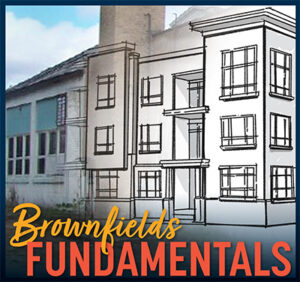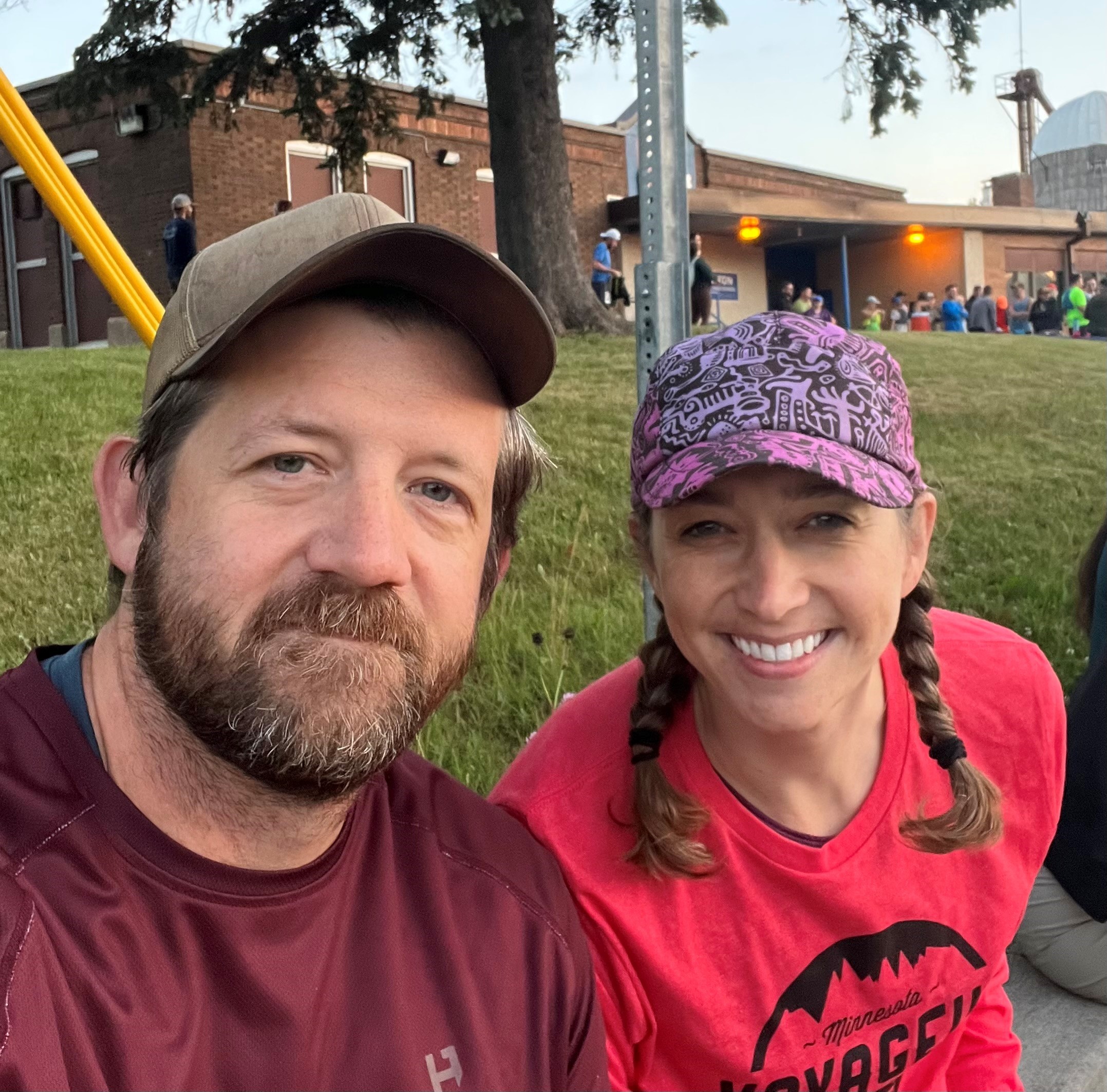Semi-annual reporting for the period of July 1, 2023, to Dec. 31, 2023, is due by Jan. 30, 2024. Semi-annual reporting is required of responsible parties for all open sites, including those sites the DNR formerly classified as “conditionally closed” in the Bureau for Remediation and Redevelopment Tracking System (BRRTS) online database. Consultants may submit these reports on behalf of responsible parties.
The DNR sent an email with a unique Report Identification (ID) number to contacts of sites listed in the database during early Dec. 2023. If you do not receive an email by Dec. 30, 2023, you can request a Report ID number by submitting the Report ID Request Form.
The Report ID number uniquely identifies the activity you can report, the reporting period and verifies the person using the Report ID is authorized to submit the report. If you have any questions, please contact Tim Zeichert at Timothy.Zeichert@wisconsin.gov or 608-219-2240.
State law requires semi-annual reports from people who meet the definition of a responsible party in Wisconsin Administrative Code ch. NR 700. Property owners, such as local governments, that have an exemption under Wisconsin Statutes §§ 292.11(9)(e) or 292.23 and lenders that have an exemption under Wisconsin Statute § 292.21 for specific properties are not required to submit a semi-annual report for those exempt properties under state law.
Sites formerly classified by the DNR as “conditionally closed” are open sites that have not been granted case closure and, by definition, have remaining action(s) needed (e.g., properly abandoning monitoring wells or investigative waste needing to be removed).
Semi-annual reporting for sites formerly classified as “conditionally closed” should indicate what actions are being taken to complete the remaining actions.
The next reporting period is from Jan. 1, 2024, to June 30, 2024.

 The Remediation and Redevelopment (RR) Program provides up-to-date and quality presentations and trainings on a variety of technical and educational topics for environmental professionals, local governments, community organizations, members of the public and others.
The Remediation and Redevelopment (RR) Program provides up-to-date and quality presentations and trainings on a variety of technical and educational topics for environmental professionals, local governments, community organizations, members of the public and others.